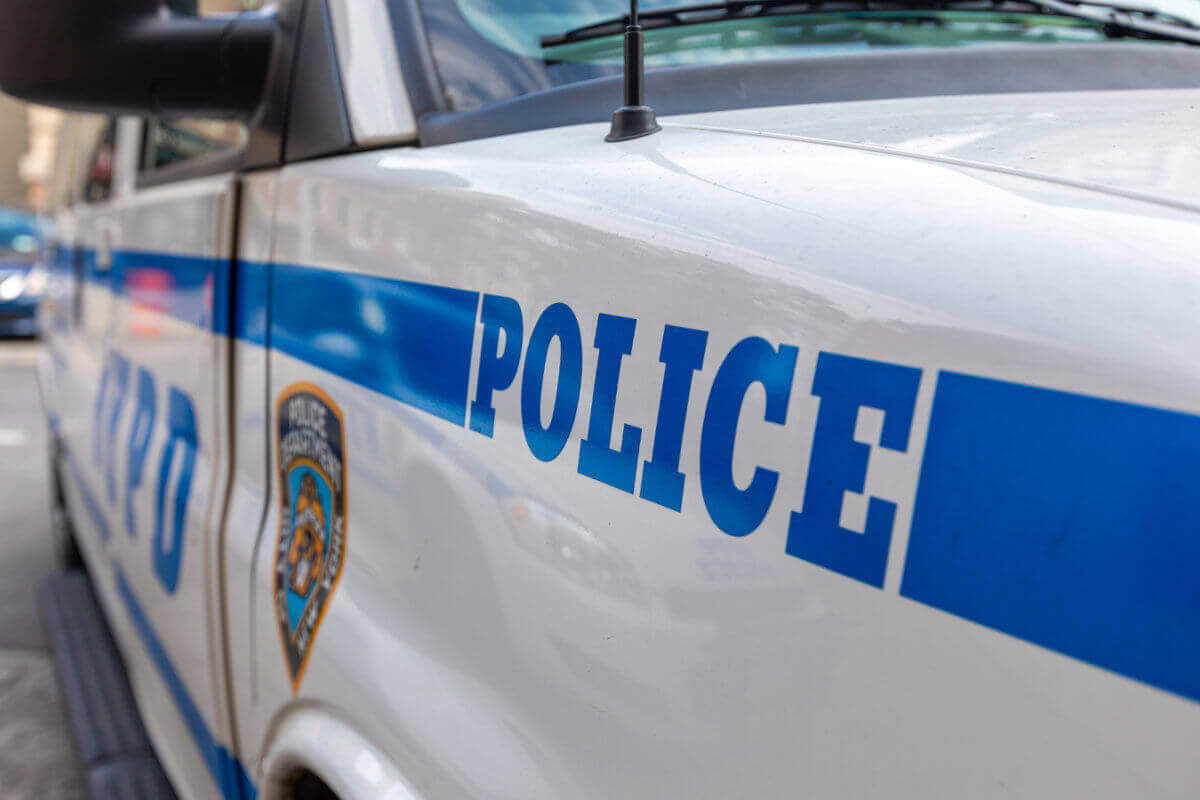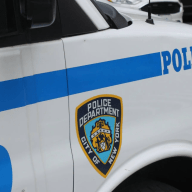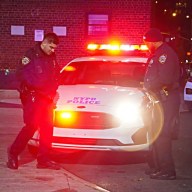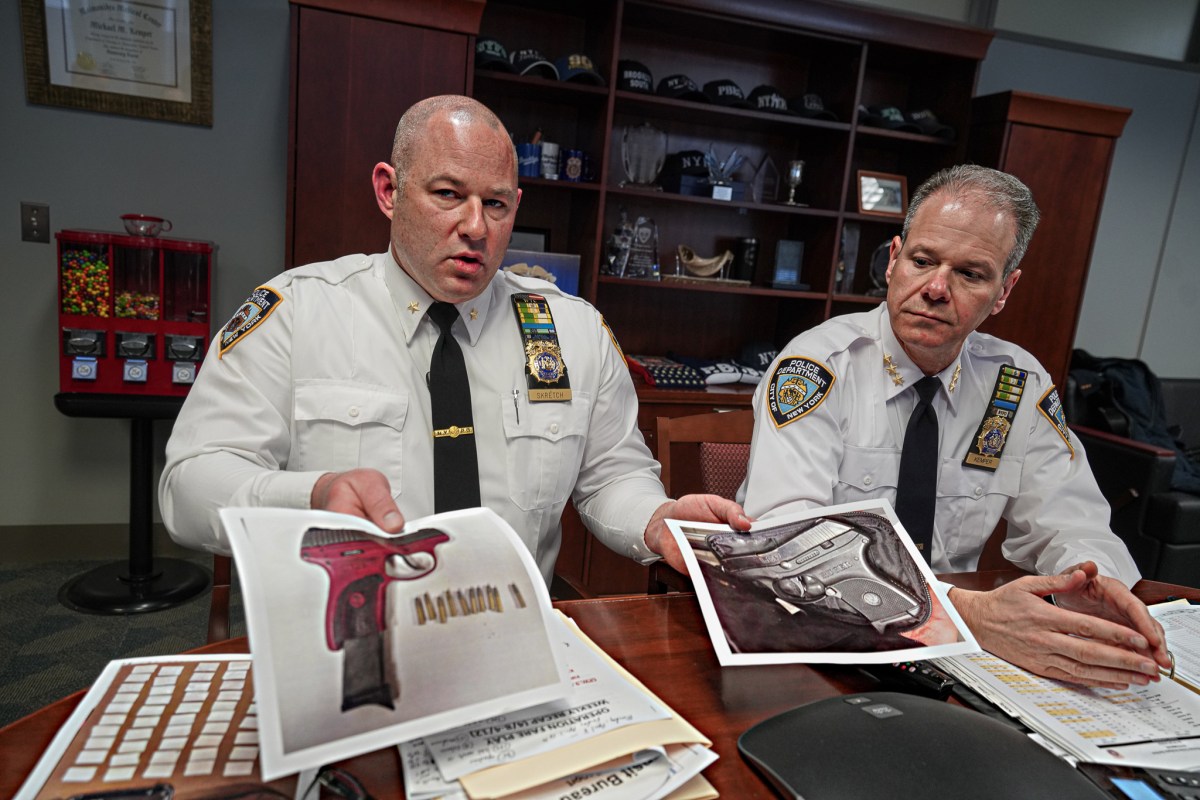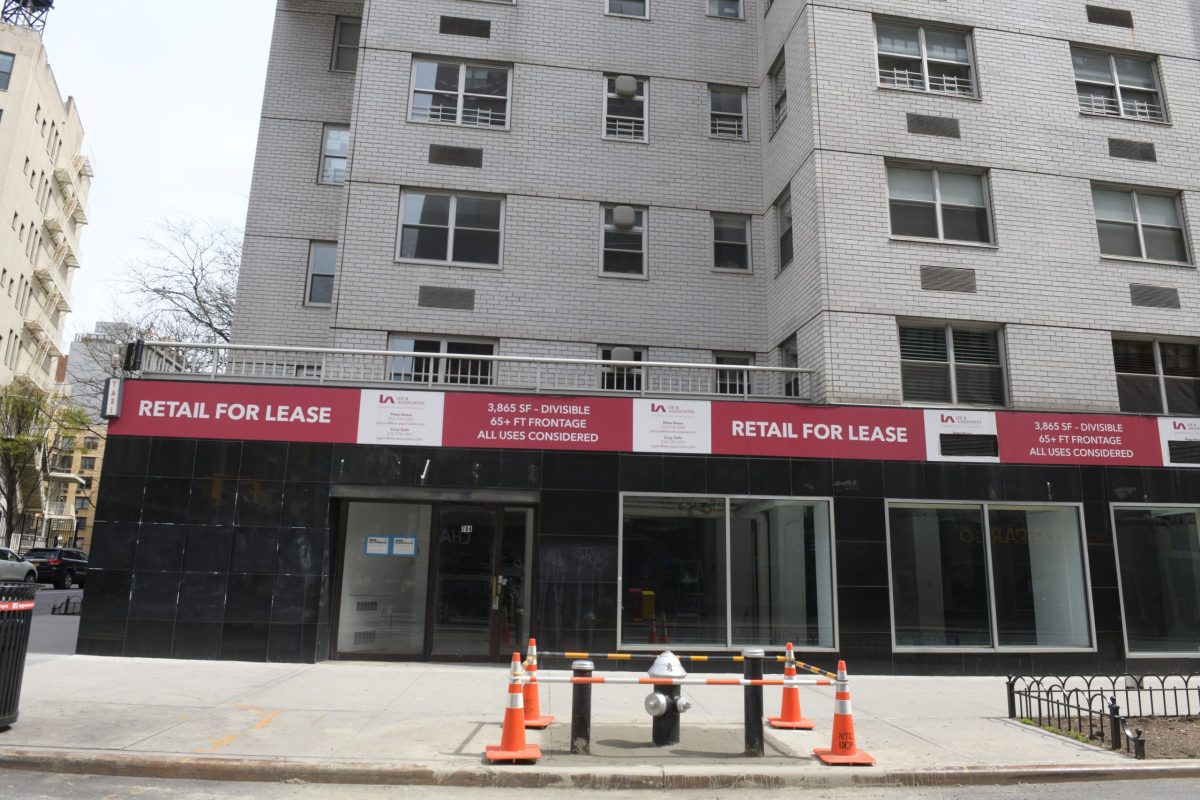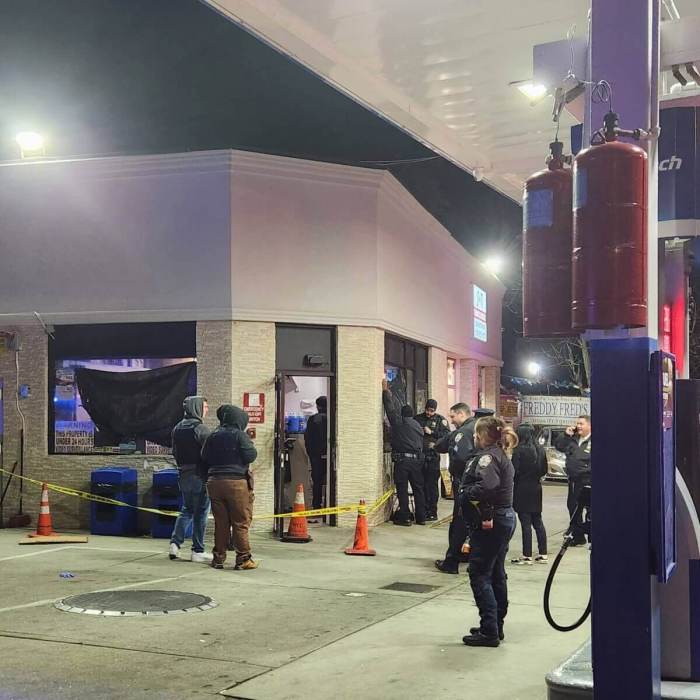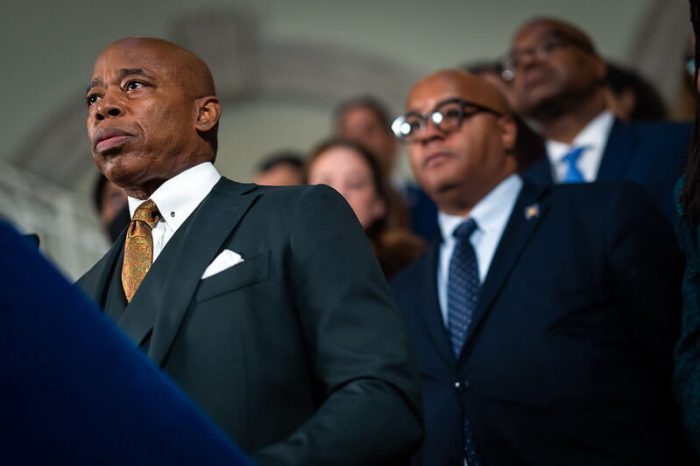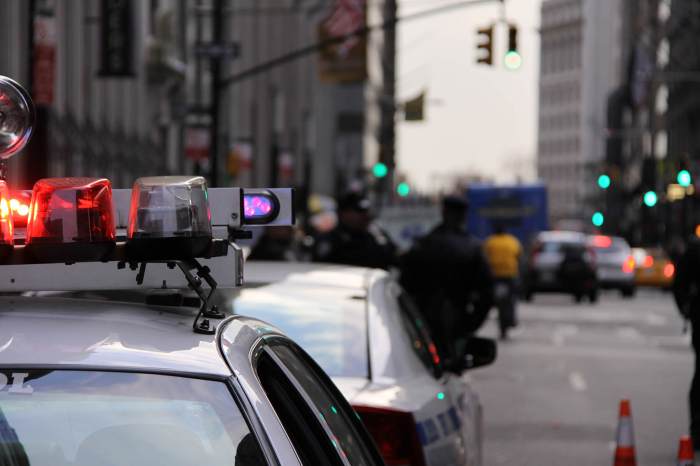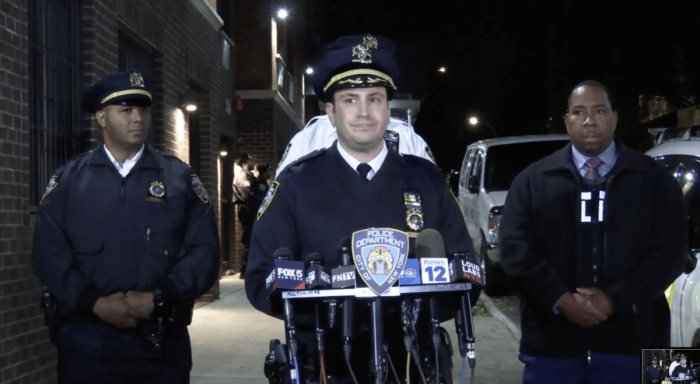On Wednesday, a Manhattan court ruled that the NYPD must reform its process for obtaining sealed records, including measures that prevent officers from accessing sealed arrest information — mugshots, arrest history, fingerprints and other identifying information — from its 14 citywide databases without the court’s permission.
The judge’s order also prohibits the NYPD from using sealed arrests to label someone a recidivist.
According to 1976 state law, sealed records can only be accessed via a court order, but the law enforcement agency had been found in violation of the law for decades. The prosecution laid out, in their arguments and evaluation of NYPD training materials, that officers are encouraged to use information from sealed files.
The class action suit centered on a Latino man, identified only as R.C., who was arrested for a 2015 robbery in the Bronx after NYPD detectives showed his photo from a 2011 sealed arrest to a victim.
Bronx case at the center of NYPD sealed records decision last month
R.C., the lead plaintiff, claimed in the suit that by the time prosecutors dropped charges against him the following year because he had an alibi, his life had been largely disrupted. R.C. had to make roughly 10 required court appearances, while living 75 minutes by car from the Bronx courthouse, which caused him to lose his job at a restaurant, his complaint says.
In April 2019 as part of the same case, Justice Alexander M. Tisch said the police could only access sealed arrest records with a court order. During the case, evidence uncovered by The Bronx Defenders, a taxpayer-funded legal aid group, showed the NYPD had continued to access such information without court orders and had trained its officers to do so.
“The judge’s order will hopefully make sure no one ever has to go through what I did,” said R.C. “Everyone must have the right to their personal privacy, and so I’m happy the court is making the police finally change their systems and follow the law.”
During the litigation, the NYPD admitted that about 800 people within its ranks have access to approximately 6 million sealed records linked to about 3 million people. While police officers on patrol and detectives don’t access sealed records, they were able to obtain them from their supervisors, usually sergeants or higher-ranking officials, according to the prosecution.
The judge’s ruling also stipulates that the sealed record information, such as crime reports, arrest records and license plate images — not be obtained through predictive policing tools such as Patternizr, a machine learning-based pattern recognition tool for crime analysis.
“Today’s decision ensures that the NYPD will no longer flout the law by using sealed arrest records to surveil, harass, and target people,” said Niji Jain, senior staff attorney with the Impact Litigation Practice of The Bronx Defenders. “The legislature passed this law decades ago to ensure that New Yorkers are not forever haunted by an unproven accusation, especially people of color who are disproportionately harmed by over policing, and we’re glad the Court is finally giving force to these important protections.”
The judge’s order is a follow-up to a March 3 ruling that the city was in violation of the decades-old sealing laws for an August press conference where city officials such as Mayor Eric Adams publicized information on sealed criminal records arguing that bail reform caused a rise in crime.
The judge ruled that the NYPD and the city violated law when it accessed and then broadcasted sealed criminal records, without permission, detailing 10 “worst of the worst” repeat offenders who together had been arrested nearly 500 times.
The 10 offenders referenced in the press conference were eligible to be held on bail for their most recent charges, according to The Bronx Defenders.

